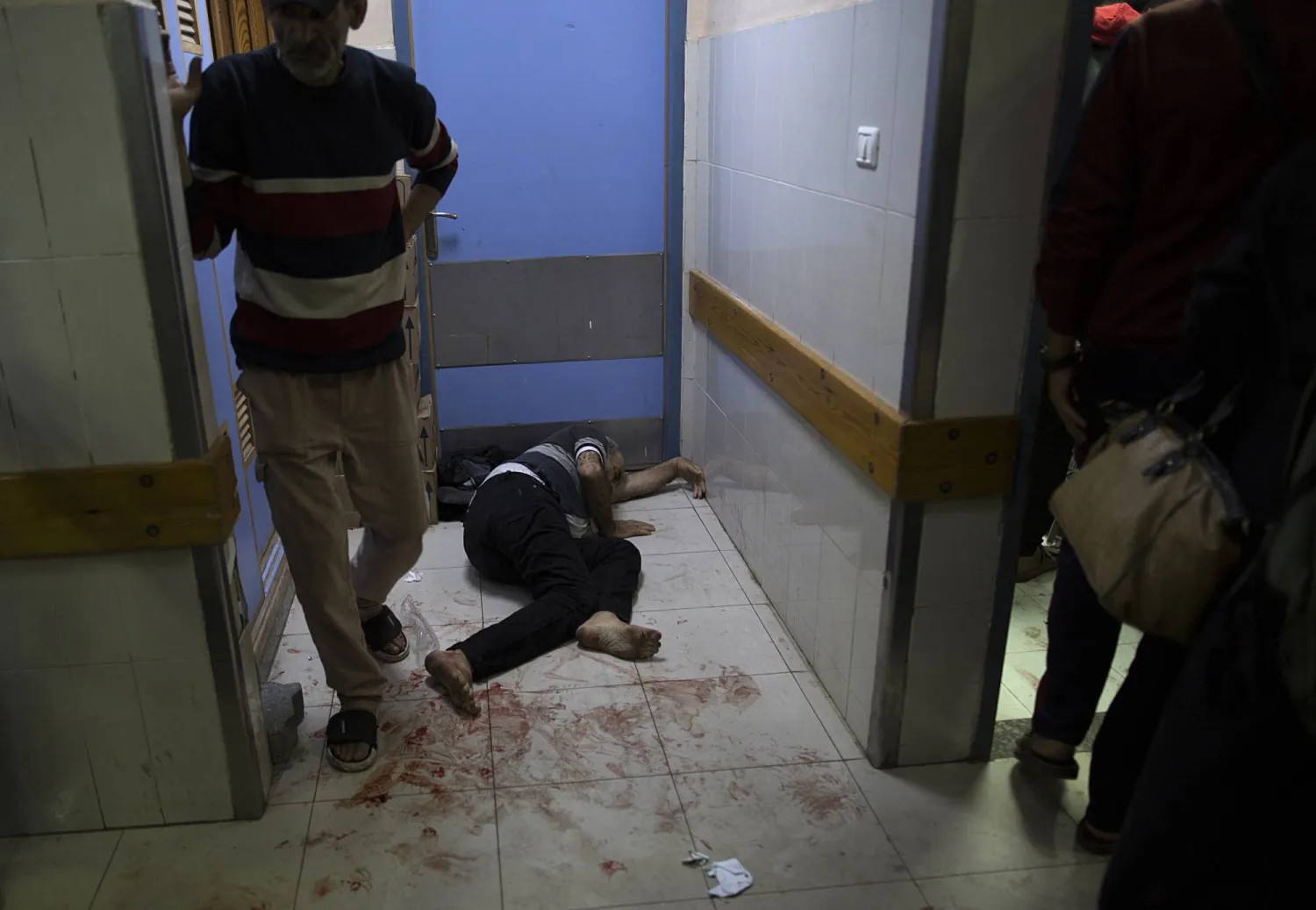Israel's military on Sunday ordered more areas in and around Gaza's second-largest city of Khan Younis to evacuate, as it shifted its offensive to the southern half of the territory where it says many Hamas leaders are hiding.
Heavy bombardments were reported overnight and into Sunday in the area of Khan Younis and the southern city of Rafah, as well as parts of the north that had been the focus of Israel's blistering air and ground campaign.
Many of the territory’s 2.3 million people are crammed in the south after Israeli forces ordered civilians to leave the north in the early days of the 2-month-old war, sparked by an Oct. 7 attack by Hamas and other militants.
With the resumption of fighting, hopes receded that another temporary truce could be negotiated. A weeklong cease-fire, which expired Friday, had facilitated the release of dozens of Gaza-held Israeli and foreign hostages and Palestinians imprisoned by Israel.
“We will continue the war until we achieve all its goals, and it’s impossible to achieve those goals without the ground operation,” Prime Minister Benjamin Netanyahu said in an address Saturday night, The Associated Press reported.
Since the cease-fire collapsed, Hamas has fired scores of rockets into Israel, setting off air raid sirens across southern and central areas. Most rockets are intercepted or fall in open areas, but the fire continues to disrupt life across wide swaths of Israel. Over 200,000 Israelis have been evacuated from their homes along the Gaza and Lebanon borders due to rocket fire since Oct 7.
On Sunday, the Israeli military widened evacuation orders in and around Khan Younis, telling residents of at least five more areas and neighborhoods to leave for their safety. Several hundred thousand Palestinians have received evacuation orders since the fighting resumed but they have few places to go.
Residents said the Israeli military dropped leaflets ordering them to move south to Rafah or to a coastal area in the southwest. “Khan Younis city is a dangerous combat zone,” the leaflets read.
UN monitors said in a report issued before the latest evacuation orders that those who were told to leave make up about one-quarter of the territory of Gaza — home to nearly 800,000 people before the war.
Much of Gaza’s population is now packed into the territory’s southern half. The territory itself, bordering Israel and Egypt to the south, is sealed, leaving residents with the only option of moving around within Gaza to avoid the bombings.
There are nearly 958,000 displaced people in 99 United Nations facilities in the southern Gaza Strip, including 34 in Khan Younis, according to Juliette Toma, director of communications at the UN agency for Palestinian refugees.
The average number of displaced people in UN shelters is 9,500, more than four times their usual capacity, according to the agency’s report on Nov. 30. The United States, Israel’s closest ally, has warned Israel to avoid significant new mass displacement.
The main hospital in Khan Younis received at least three dead and dozens wounded Sunday morning from an Israeli strike that hit a residential building in the eastern part of the city, according to an Associated Press journalist at the hospital.
Mohamed Abu Abed, who lives in the Sheikh Radwan neighborhood in Gaza City, said there were relentless airstrikes and shelling in his neighborhood and surrounding areas.
“The situation here is unimaginable,” he said. “Death is everywhere. One can die in a flash.”
The Health Ministry in Gaza said Saturday that the overall death toll in the strip since the Oct. 7 start of the war had surpassed 15,200, a sharp jump from the previous count of more than 13,300 on Nov. 20. The ministry does not differentiate between civilian and combatant deaths, but it said 70% of the dead were women and children. It said more than 40,000 people had been wounded since the war began.









